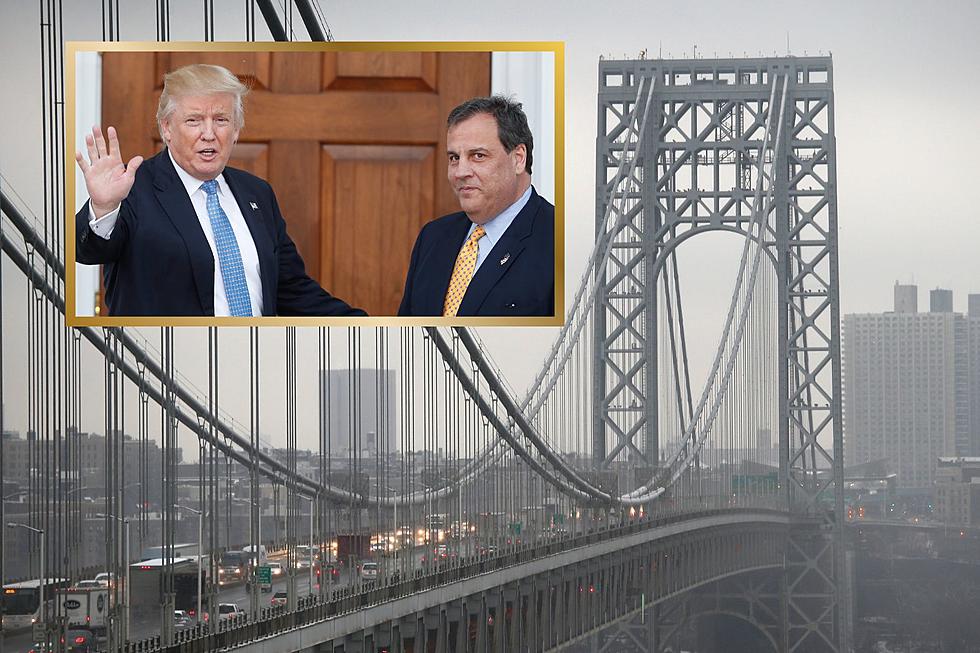
Media groups continue arguing for bridge conspirator list
Lawyers for media organizations filed more arguments to a federal appeals court Friday as they seek access to a list of unindicted co-conspirators in the George Washington Bridge lane-closing case.
The filing with the 3rd U.S. Circuit Court of Appeals in Philadelphia repeated the argument that an unidentified person trying to stop publication of the list doesn't have solid legal footing.
Two former allies of Republican Gov. Chris Christie were indicted last year for allegedly creating traffic jams in Fort Lee in 2013 as political revenge against that town's Democratic mayor for not endorsing Christie's re-election.
The person, identified in court documents as John Doe, has argued that although he hasn't been criminally charged, he will be branded a criminal without a chance to clear his name if the list is published.
An unindicted co-conspirator is someone who was involved in a conspiracy in some way but hasn't been charged, usually because he or she is cooperating with a government investigation or because prosecutors feel they don't have enough evidence to gain a conviction.
John Doe's attorney will have a chance to respond to Friday's filing next week. After that, the appeals court will hear oral arguments June 6.
The media organizations, including The Associated Press, argue the list is a supporting document to an indictment, called a bill of particulars, that was filed with the court and publicly accessible under established law.
They cited a 1980s Pennsylvania case that created a tougher standard for restricting access to the names of unindicted co-conspirators.
Doe's attorney has argued the list wasn't a bill of particulars but that prosecutors gave it to defense attorneys as part of a routine pre-trial sharing of evidence, called discovery, and that the judge received a courtesy copy.
In a filing late Friday, the U.S. Attorney's Office in Newark, which is prosecuting the case, reiterated its opposition to the list's release.
The list "was part of the back and forth in which parties routinely engage as part of the discovery process in a criminal case," prosecutors wrote. "It is well-settled that communications of discovery materials are not presumptively accessible to the public because their sole purpose is to permit defendants to prepare for trial."
A federal judge in Newark granted the media organizations access to the list on May 10, giving rise to John Doe's appeal.
(Copyright 2016 The Associated Press. All rights reserved. This material may not be published, broadcast, rewritten or redistributed.)
More From New Jersey 101.5 FM









